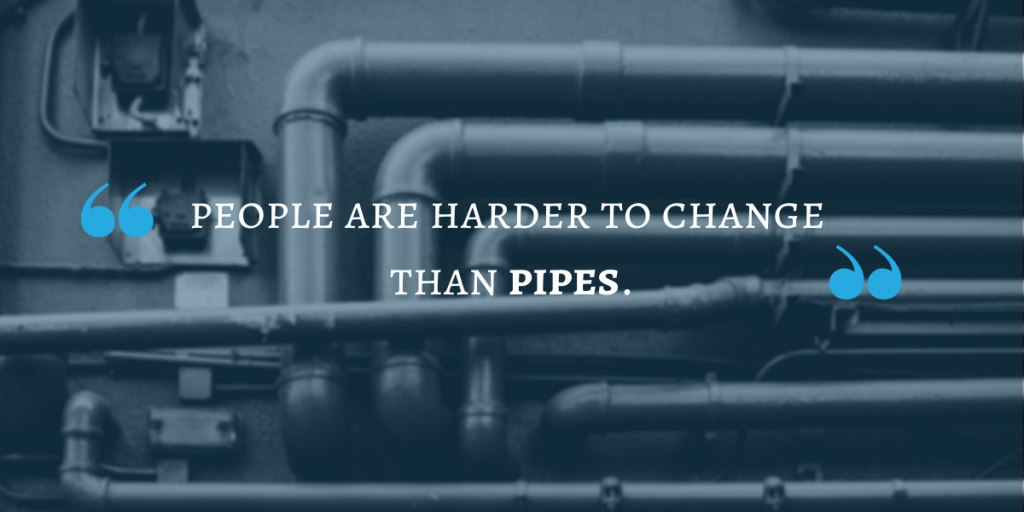
This year saw the topic of ‘sustainability’ searched on Google in Ireland at the highest levels since September of 2005. ‘Sustainability’ has become the reborn buzzword of 2019. Greta Thunberg is the breakout figurehead of a new generation, the generation that acknowledges that the house is on fire and refuse to live in the pretence that it will quench of its own accord.
Take a plastic bottle for instance. The majority of bottles produced since the 1970s are made from polyethylene terephthalate (PET). A 2011 study for the International Bottled Water Association concluded 1.39L of water is required to produce 1L of finished, bottled water product. Add to this the fact that the majority of consumers of bottled water already have access to clean, safe and cheap (if not free) drinking water from the tap. Put this all together and it mirrors a global environmental conflict – but how have we gotten here?
Our buying habits have changed radically in a few decades, in part thanks to marketing strategies that target us on a personal level. In particular, these strategies acknowledge the resource that we seem to have the least of – time. The world moves fast, we have no choice but to move with it. And it is this constant pace that forces us to embrace the convenience and, more and more, to prioritise it. It is only in recent times that the consequences of convenience and disposability have come to the fore.
Water is a right, but clean water still remains a privilege which is unfortunately not awarded to all. Even in developed countries, maintaining and updating water and wastewater infrastructure is an ongoing issue. There are still areas which have no wastewater treatment processes and discharge raw sewage into waters in Ireland. The heatwave of 2018 showed us that, even in an island of so many water bodies, the concept of a drought is not something we can rule out in the future.
However, there are two sides to this – if water is a right, then conservation must be a responsibility. Leakage reduction programmes are targeting the network, but people are harder to change than pipes.
There are those who believe the urgency surrounding climate change is exaggerated. They will wait for a silver bullet technology that will be invented by scientists in the near future, which will somehow allow us to continue to consume at the same rate as today. I don’t think this will come. I don’t think we can afford the carbon output of modern society as it exists today. And I don’t think we can use this belief to guide our choices in the present. It doesn’t mean the world as we know it must stop, but it does mean that it must change.
This is where the future impact of climate change needs to be examined for flood levels.
This is where we must design for the removal of nutrients in sensitive areas.
This is where structures can reuse materials for new developments.
This is where sustainable methods of energy production need to be installed.
This is living by the TOBIN core value of sustainability – using it to mould our approach to projects, informing the projects we choose to work on, and trying to keep our own little patch of grass that little bit greener.
“I like to envision the whole world as a jigsaw puzzle … If you look at the whole picture, it is overwhelming and terrifying, but if you work on your little part of the jigsaw and know that people all over the world are working on their little bits, that’s what will give you hope.”
– Jane Goodall



